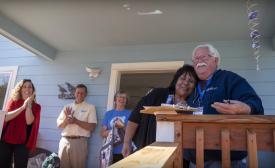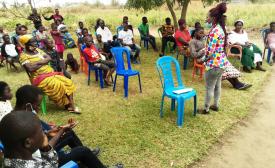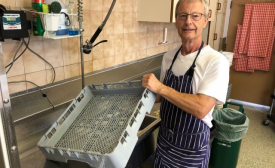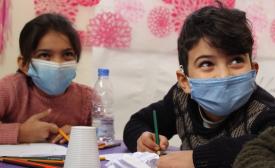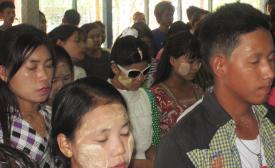Watch: MDS looks back at 2020
Mennonite Disaster Service didn’t let the COVID-19 pandemic stop it from having a banner year.
In a seven-minute video released on YouTube last Saturday, the binational organization—which cleans up, repairs and rebuilds homes that have experienced a disaster—outlines the unexpected opportunities and unexpected blessings that 2020 brought.

